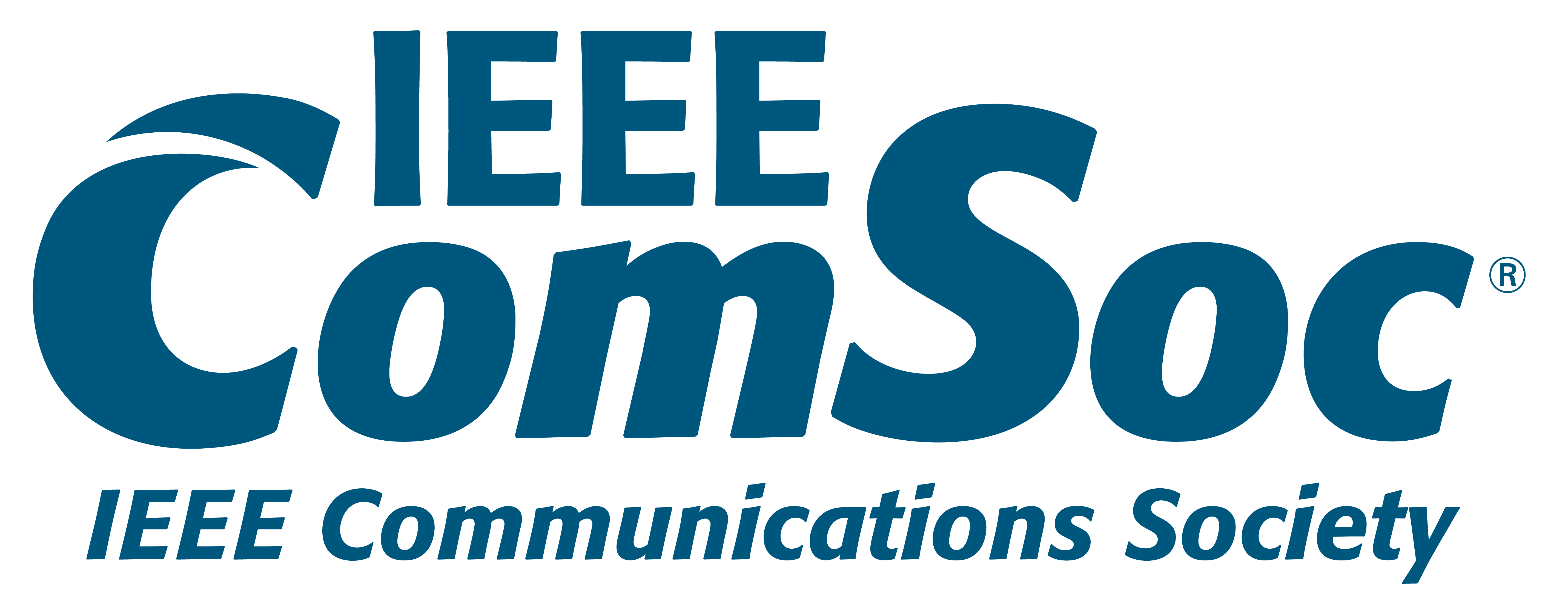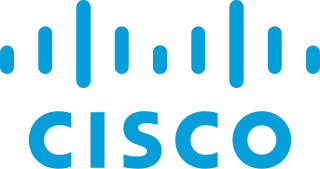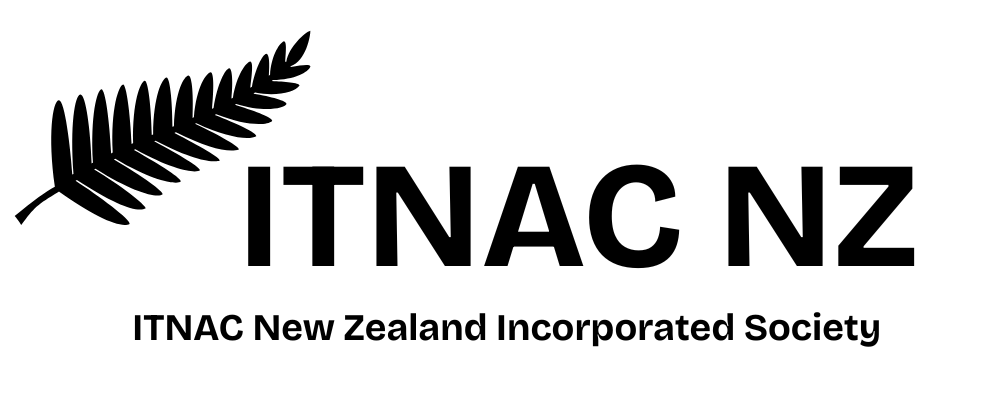LINKS
- Call for Papers
- Call for Work-in-Progress Papers
- Committee
- Information for authors
- Information for overseas participants
- Registration
- Special Issues
- Venue
- Tutorials
- Accommodation
- Conference Program
- Information for sponsors
KEY DATES 2025
- Late papers accepted - email committee
- Work-in-Progress Paper deadline - 30 September 2025
- Extended Paper deadline (Firm) - 10 September 2025
- Acceptance notification - 1 October 2025
- Acceptance notification for late submissions - 7 October 2025
- Final paper deadline - 20 October 2025
- Early bird deadline - 20 October 2025
- Registration deadline - 1 November 2025
- Conference - 26-28 November 2025
SPONSOR




![]()

PATRONS

![]()
SUPPORTERS
![]()


Tutorial

Associate Professor Madhusanka Liyanag, University College Dublin, Ireland
Topic - Open RAN Security and Privacy: Opportunities and Challenges
Abstract
Open RAN (O-RAN) is a novel industry-level standard for RAN (Radio Access Network) which defines interfaces that support inter-operation between vendors’ equipment and offer network flexibility at a lower cost. Open RAN integrates the benefits and advancements of network softwarization and Artificial Intelligence to enhance RAN devices’ operation. Open RAN offers new possibilities so different stakeholders can develop the RAN solution in this open ecosystem. However, the benefits of ORAN come with new security and privacy challenges. Open RAN offers an entirely different RAN configuration than what exists today, and it could lead to serious security and privacy issues if mismanaged. Stakeholders are understandably taking a cautious approach towards the secure Open RAN deployment. In particular, the tutorial will provide a deep analysis of the security and privacy risks and challenges associated with Open RAN architecture. Then, we will discuss the possible security and privacy solutions to secure the Open RAN architecture and present relevant security standardisation efforts relevant to Open RAN security. The tutorial will also discuss how Open RAN can be used to deploy more advanced security and privacy solutions in 5G and beyond RAN. Finally, the tutorial will provide enlightening guidance for subsequent research of Open RAN security and privacy at this initial phase of vision towards reality via two demonstrations.
See here for more details.
Biography
Dr. Madhusanka Liyanage is an Associate Professor/Ad Astra Fellow and Director of Graduate Research at the School of Computer Science, University College Dublin, Ireland. He is leading Network Softwarization and Security Labs (NetsLab) at the UCD School of Computer Science, a dynamic research group leading the charge in enhancing the security and privacy of next-generation mobile networks, including 5G and 6G. He is also an adjunct professor at the University of Oulu, Finland, the University of Ruhuna, Sri Lanka, and the University of Sri Jayawardhanepura, Sri Lanka. He received his Doctor of Technology degree in communication engineering from the University of Oulu, Oulu, Finland 2016. He also received the prestigious Marie Skłodowska-Curie Actions Individual Fellowship and the Government of Ireland Postdoctoral Fellowship during 2018-2020. In 2020, he received the “2020 IEEE ComSoc Outstanding Young Researcher” award by IEEE ComSoc EMEA. In 2021,2022, 2023 and 2024, he was ranked among the World’s Top 2% Scientists (2020, 2021, 2022 and 2023) in the List prepared by Elsevier BV, Stanford University, USA. Also, he was awarded an Irish Research Council (IRC) Research Ally Prize as part of the IRC Researcher of the Year 2021 awards for his positive impact as a supervisor. In 2022, he received “the 2022 Tom Brazil Excellence in Research Award” from the SFI CONNECT Center. Moreover, Madhusanka received a Special Commendation for IRC Early Career Researcher of 2022 by the Irish Research Council, Ireland. Dr Liyanage’s research interests are 5G/6G Security, Blockchain, Artificial Intelligence (AI), Explainable AI and Federated Learning (FL) security, Network Slicing, Internet of Things (IoT) and Multi-access Edge Computing (MEC). He has co-authored over 250 publications, including three authored books, four edited books and several patents in the mobile network security domain. He is also an expert consultant at the European Union Agency for Cybersecurity (ENISA) and a Funded Investigator of the Science Foundation Ireland CONNECT Research Centre, Ireland. Moreover, he is an expert reviewer for different funding agencies in Europe, Asia, and Oceania.

Adam Radford, Distinguished Solutions Engineer, Cisco
Topic - From Reactive AIOps to Autonomous Networks - Engineering AgenticOps
Abstract
Networks are getting too fast and too complex for traditional “monitor and react” approaches. In this tutorial session, we explore how AgenticOps brings AI models and autonomous agents into the heart of network engineering. You’ll learn how networks can now interpret telemetry, reason about faults, automate common workflows, and coordinate decisions using the Model Context Protocol (MCP). We’ll look under the hood at AI assistants, the Network specific large language models, and real examples of human-guided, self-driving operations. This session is built for students or professionals who want to see where network automation is heading and what skills will matter most as networks learn to think for themselves.
Biography
Adam Radford is a Distinguished Solutions Engineer based in Sydney, Australia. His background is software and automation, having spent 10 years building and automating campus networks. He then joined Cisco and has focused on a variety of technologies including voice, wireless and data center. In recent times his focus has been Campus Networks, specifically automation, software-defined-X and programmability. In his current role, Adam leads the Campus Network technology strategy for APJC. Adam has a first class honors degree in Science, majoring in Computer Science from the University of New South Wales (UNSW).





